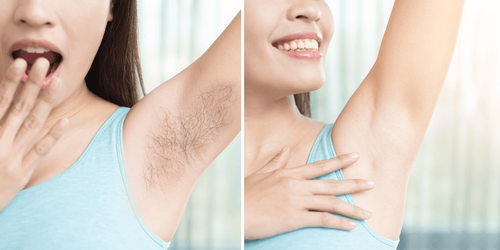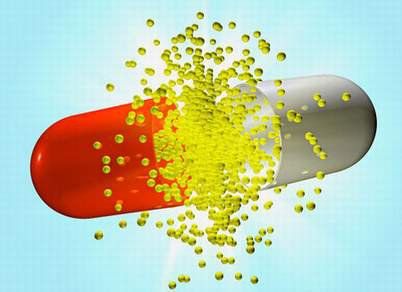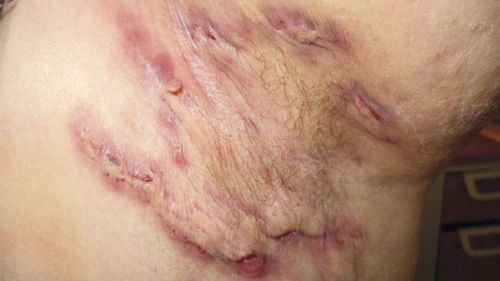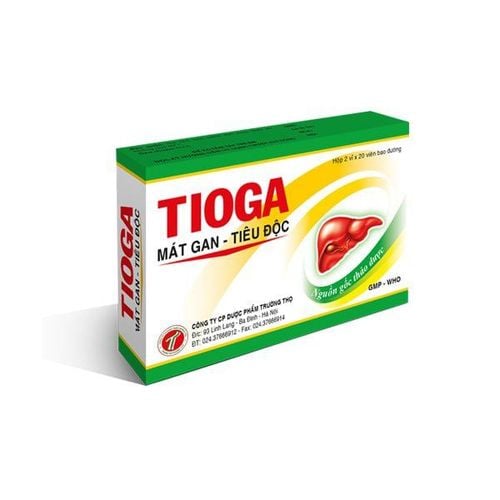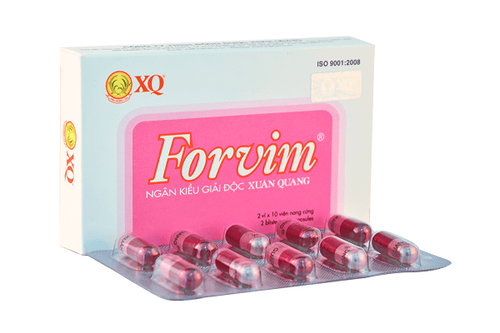This is an automatically translated article.
The drug Pusadine is used to treat dermatology. This is a topical medication that needs to be prescribed and guided by a doctor to properly assess the right level for the patient. Here are some information to share about the uses of Pusadine.
1. Uses of the drug Pusadine
Pusadine is a skin cream product, especially used for dermatology. Therefore, the main use of Pusadine medicine is for the following pathological subjects:
Infections of the skin that detect the presence of Staphylococcus. in the drug Pusadine. Skin irritation Pimples Poisonous boils Folliculitis Peri-nail inflammation Sweat glands Indications for the use of Pusadine should be carefully considered when treating. Patients should not self-medicate without the doctor's permission or change the dose of the drug. Some cases of infection prevention or indirect treatment related to the above indications will be explained and guided by the doctor when the patient encounters the right situation.
2. Dosage and how to use Pusadine
Pusadine is a topical medication, so it should not be applied to open wounds or weak skin areas such as the conjunctiva and cornea. When using the drug, the patient should pay attention to clean the skin before applying the medicine. Please pre-wash with purified water and dry. You can wash with alcohol or disinfected medical solution to avoid cross-contamination if the water source is at risk of contamination.
In addition to the treatment area that needs to be cleaned, please clean your hands before applying the medicine because hands are home to many dangerous bacteria. Usually topical medications will be used to apply a thin layer to the surface of the skin. With the drug Pusadine can be applied to the skin affected by the virus. Apply twice a day to ensure maximum effectiveness of the drug.
3. Notes before taking Pusadine
Before using Pusadine, you should pay attention to avoid the effects of direct or indirect allergic reactions to drug ingredients. These are issues that are contraindicated for use by the user. If you have a history of allergies or problems that affect the use of Pusadine, tell your doctor. In case of contraindications, the doctor will prioritize changing the drug with the same effect and does not cause irritation to the user.
Pusadine is also contraindicated for pregnant patients. Other diseases such as liver failure, skin infections caused by viruses, fungi, tuberculosis or other skin ulcers or rosacea are not allowed to arbitrarily use Pusadine for treatment, unless it is prescribed by a specialist doctor. request.
Pusadine medicine after use should be stored in a suitable environment. Patients should be advised not to use Pusadine if it is not tightly closed or has expired.
4. Side effects of Pusadine
The drug Pusadine according to user analysis is quite well tolerated. However, in some special cases, there is a mild allergic reaction on the skin. This is hard to avoid but doesn't happen often. Therefore, if there are signs of itching, rash or irritation of the skin being treated with Pusadine, please report it to your doctor immediately to check, monitor and best assess your current health status.
5. Interaction with Pusadine
Pusadine has the potential to interact when used with ciprofloxacin and penicillin. However, this is not all about Pusadine when evaluating interactions. Some other foods or drugs still have the potential to seriously affect the drug's ingredients. Any food or medicine you intend to take while you are or are about to be treated with Pusadine should consult your doctor.
Patients using Pusadine should be careful not to use the drug for more than 7 consecutive days. If you do not wear gloves, pay attention to clean your hands after applying the medicine to avoid getting the medicine on other parts or accidentally swallowing it.
Above are some sharing about Pusadine drug use for readers reference. Although it is a dermatological drug applied to the skin, the medicinal properties of this group of drugs are usually quite strong. Patients should not subjectively arbitrarily use drugs to minimize but dangerous reactions to the body.




